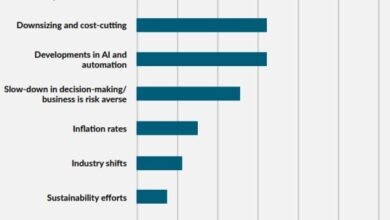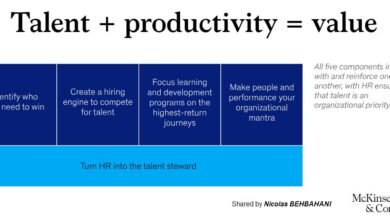Rethinking AI talent strategy as automated machine learning comes of age
Do companies still need to hire a large contingent of data scientists to build machine learning models or can AutoML reduce the demand for this elusive talent?

Source | www.mckinsey.com | Holger Hürtgen | Sebastian Kerkhoff | Jan Lubatschowski | Manuel Möller
In recent years, as the promise of artificial intelligence (AI) crystallized across industries, organizations revamped their talent strategies to gain the skills necessary to deploy and scale AI systems. They hired legions of data scientists and other data experts to build AI applications, trained analytics translators to connect the business and technical realms, and upskilled frontline staff to use AI applications effectively.
One role in particular, the data scientist, has been especially difficult for leaders to fill as competition for its illusive knowledge increased. Last year, employment-related search engine Indeed.com reported that job postings on its site for data scientists had more than tripled since December 2013. McKinsey Global Institute research has also highlighted the talent shortage and the potential for hundreds of thousands of positions to go unfilled.
Incumbent companies found it especially hard to compete with start-ups and tech giants such as Google to attract or retain the best practicing data scientists and the newest crop of graduates. One multinational retail conglomerate, for example, put in place a highly attractive package last year, with education perks and salaries up to 20 percent higher than market rates, to attract the 30-plus data scientists it needed to support its strategic road map of priority AI use cases.
Certainly, some of this competition may soften as tech start-ups struggle to survive in the wake of the COVID-19 crisis, making it somewhat easier for incumbents to acquire these hard-to-get skills. But there are also new tools that have the potential to fill the data-science talent gap and increase the efficiency of analytics teams. Automated machine learning (ML) tools, commonly called AutoML, are designed to automate many steps in developing machine learning models. Business experts armed with AutoML can build some types of models that once would have needed a trained data scientist.






